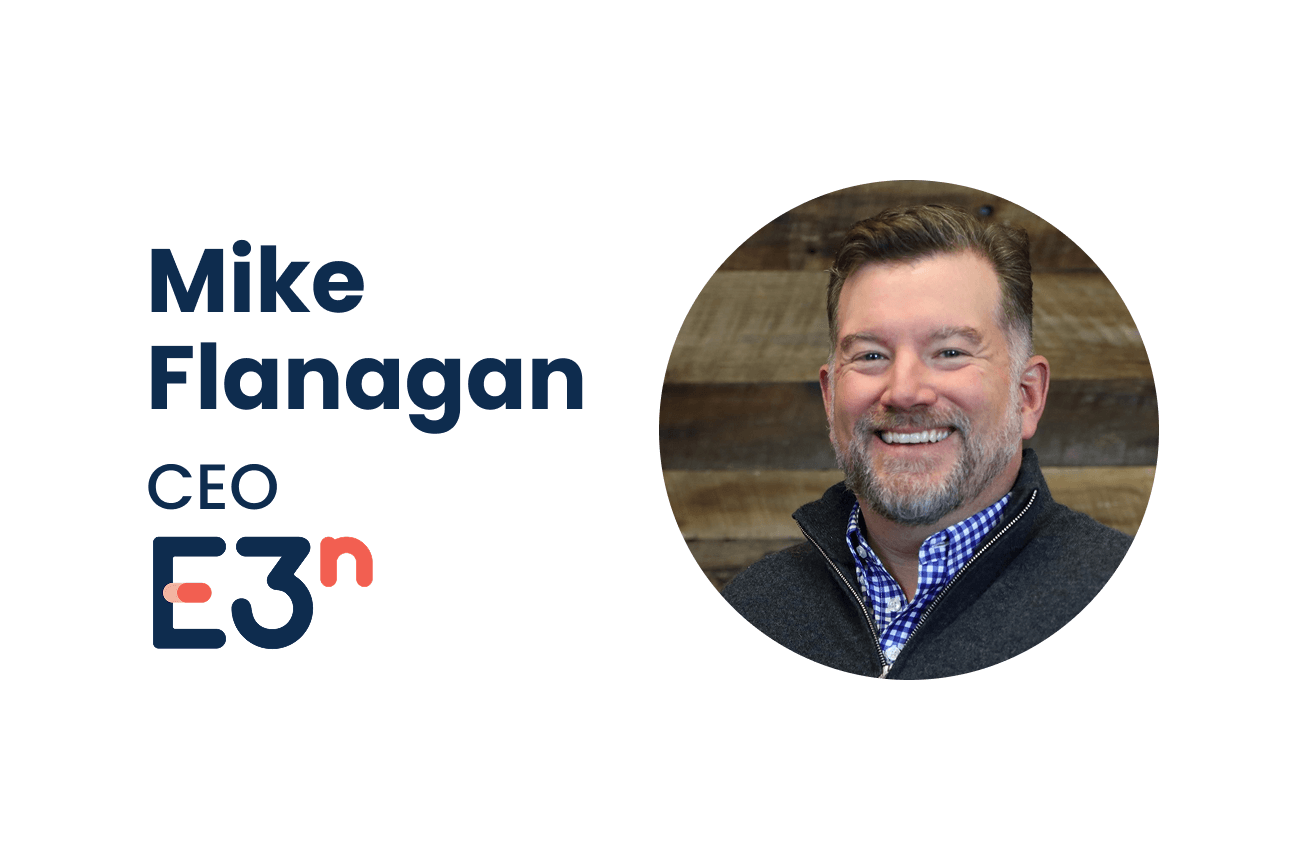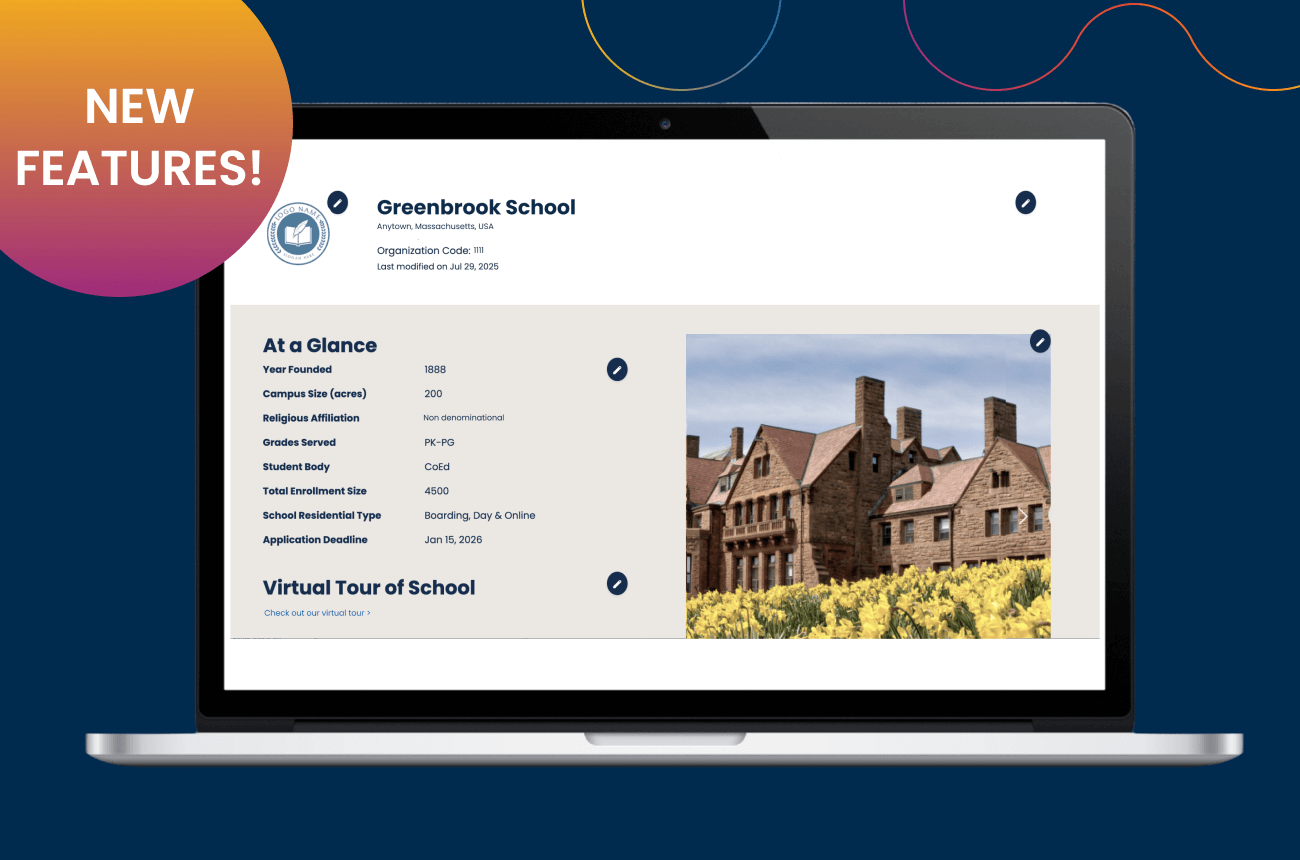An Interview with Rachel Skiffer

Rachel Skiffer is the dean of policy and strategic planning at Phillips Academy Andover (MA)
Strategic planning in independent schools hinges on multiple facets of enrollment management, ranging from student selection and financial aid policies to program and facilities planning. An institution’s ability to collect and analyze the data necessary to inform and direct a school’s decision making is key to ensuring long-term enrollment health.
While many departments—e.g., admission, development, administration—collect data useful for their own operational and planning needs, some schools are beginning to recognize the need for systematic data collection, analysis, and planning across the entire institution. In 2013, Phillips Academy Andover (MA) did just this with the hire of Rachel Skiffer as dean of policy and strategic planning.
Tell us about yourself and your background.
I am trained as an attorney and spent almost a decade working in management consulting and commercial real estate law. Once I paid off my student loans, I took a breath and spent some time thinking deeply about my career goals. While I loved law school and gained incredible skills in the years I spent in the corporate world, I am grateful that I came to realize that my heart belonged to kids and education. And honestly, that decision should have been more obvious to me.
I attended an all-girls independent school from kindergarten through 8th grade, and that experience had a profound impact on me as a learner and an educator. I spent summers in middle school and high school working as a camp counselor. I took classes at Harvard Ed School when I was in college. Before I practiced law, I worked in the office of admission and financial aid at Harvard College and focused on issues of access and inclusion.
After my consulting and lawyer years, I was thrilled to take a job working in admission and financial aid, as well as affective education, which focuses on developing students’ belief systems, emotions, and attitudes, at the Latin School of Chicago (IL). I then moved back home to be the director of admissions and financial aid at San Francisco University High School (CA), and four years ago I started in my role at Andover.
Your position is relatively new at Andover. Can you please explain the role, responsibilities, and reporting structures?
I report to the head of school, and my essential responsibility is to oversee the planning, research, and assessment processes that advance Andover’s mission, student learning and success, and operational effectiveness and intentionality. When I arrived on campus, I immediately launched the process for creating the strategic plan, working closely with the head of school, trustees, faculty, staff, students, and the extended Andover community.
Our trustees approved the strategic plan in the fall of 2014, which triggered a shift in my focus to overseeing plan implementation. Each year, a number of working groups made up of faculty and staff (and sometimes students) continue to refine the initiatives of the plan as we move from theory to practice. The chairs of those groups are my direct reports, and their work normally lasts from one to two years. Complementing all of this work is the director of academy research, information, and library services, who reports to me and whose office partners with faculty and administrators on research projects throughout the academy.
While your title includes strategic planning and policy, one of your key responsibilities is institutional research. The concept of institutional research is relatively new to the independent school community. What is your elevator pitch on institutional research to the Andover community?
I would have to credit Jane Fried, who is currently the head of school at Brearley School (NY) and formerly Andover’s dean of admission and assistant head for enrollment, research and planning, with introducing the concept of institutional research to Andover. Those of us with enrollment management experience understand the central role of data in our work, and Jane was able to make a case beyond the admission office for how institutional effectiveness can be maximized by sound, data-based decision making.
We often see that data collection is the Achilles’ heel for many independent schools. Why do you think that is?
Admission and financial aid offices of schools were among the first to use data strategically, even in the face of administrations that believed all it took to fill a school was a warm personality and some lovely recruiting events. As we in enrollment management know, “at length, truth will out.” Relatedly, there was a common belief within some independent schools that the collection and analysis of data, especially data external to the school, was a cold and irrelevant endeavor—anathema to a learner-centered culture. And schools were very good at relying on institutional memory when trying to sort out thorny issues. As schools have become more complicated over the last 20 years, most recently during the 2008 financial crisis, many schools learned the hard way that the plural of anecdote is not data. Another rub is that a lot of important data for schools are qualitative, and it is challenging to present analysis of qualitative data in a way that makes them read as “hard” as quantitative data, particularly to boards. But it is possible to do, and it is important.
What have been your greatest challenges in creating an institutional research mindset within the Andover community?
Andover has had an institutional research mindset for some time, but only recently have we broken data collection out of siloed structures. We’ve also worked with departments to help them think about projects they could launch themselves, and how those data could be useful to other areas of the school.
How are you using institutional research to inform admission and enrollment for the current year and for future planning purposes?
Dean of Admission Jim Ventre’s office uses institutional research to track trends related to applications, interviews, financial aid requests, on-campus recruitment efforts, off-campus travel, SSAT score holds, community-based organizations, and school qualities related to admitted students’ enrollment decisions. The team is incredible, and their work with data allows them to be proactive rather than reactive in their strategies from year to year.
What advice would you offer a school interested in establishing a formal institutional research structure/process?
Designate a generalist (i.e., someone not housed in admission or development) who reports to someone in a role like mine or to the head of school. It is important for classification to be standardized within all administrative units tasked with collecting data, as the institutional research structure should be utilized as a shared resource across departments/divisions. There needs to be a reason why you are collecting information beyond “just in case we want to look at this one day.” Institutional research should be used for planning purposes (strategic and otherwise), program development, and re-accreditation, which in turn will inform the specific reasons why information is being collected. It is incredibly important for there to be formal policies in place about how data is shared inside and outside of the school.




